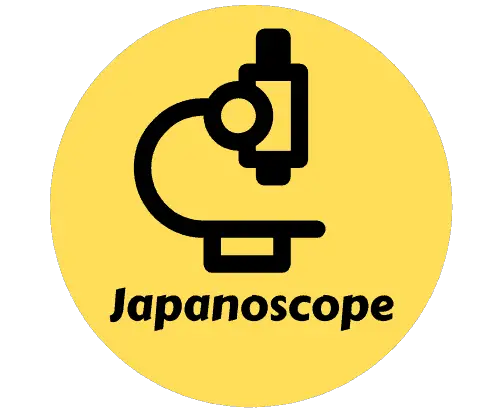Lyrics
イムジン河水清く とうとうと流る
水鳥自由にむらがり 飛び交うよ
我が祖国南の地 想いははるか
イムジン河水清く とうとうと流る
北の大地から 南の空へ
飛び行く鳥よ 自由の使者よ
誰が祖国を二つに 分けてしまったの
誰が祖国を 分けてしまったの
イムジン河空遠く 虹よかかっておくれ
河よ 想いを伝えておくれ
ふるさとをいつまでも 忘れはしない
イムジン河水清く とうとうと流る
The imjin river flows so clear
It flows so strong, it flows so deep oh yes my dear
And the water fowl form flocks and fly
To and fro to and fro
My heart lies in the south
My hope lays at rivers mouth
And the imjin river flows so clear
It flows so strong it flows so deep oh yes my dear
From the northern continental planes
The birds they fly in flocks they fly in waves
And Like messengers from freedoms shore
make their way make their way
Who was it that cut our land in two
Gave half to me and half to you
And do they even know just what they’ve done
And do they watch the same great imjin river run
Down the imjin river way off far
Theres a rainbow forming in the air
Oh Imjin river tell my love
Look above look above
And tell them that I still know the road
That leads back to my home
Cause the imjin river flows so clear
It flows so strong it flows so deep oh yes my dear
Today for we’re looking at a song called イムジン河 Imjin River.
Imjin River runs between North and South Korea, through the ironically named demilitarised zone, where two armies eyeball eachother off across one of the most heavily armed borders on earth. The song about the river was original called Rimjingang and was composed in Korea in 1957 by Ko Jonghan to a poem by Pak Se-yong song. Rimjingang is banned in North Korea, as it uses the Imjin River as a symbol of freedom, flowing with the river north to south.
The song found its way to Japan in the 1960s, with the Korean diaspora, where it was heard by a young writer in Kyoto names Takeshi Matsuyama. With the help of his Korean friends, Matsuyama translated some of the original lyrics and added two verses of his own. Late 60s Japan was heavily influenced by the folk music movement that was happening in America. A large number of folk acts, mixing Japanese and western folk elements were born, including a group called the Folk Crusaders in Kyoto. The group has some similarities with folk groups such as Peter, Paul and Mary.
Matsuyama taught his version of the Korean song to group member Kazuhiko Kato. Both thought it was a long-standing Korean “traditional” song, rather than a fairly recently composed song with definite authors. The group arranged it into something quite new and attempted to launch it as their follow up song to the break out, and extremely odd, novelty single 帰ってきたよっぱらい Kaete Kaete Kita Yopparai.
Nagsa Oshima later made a somewhat experimental film of the same name, which you can see here.
Unfortunately, Imjin River was deemed too political by the Japanese government and was effectively banned in that country too.
The song, however, remains popular both in its original Korean form, and its modified Japanese form. It is a powerful statement of the pain felt by the partitioned people of the Koreas. The Japanese version also functions as a symbolic gesture by Japanese youths of the 1960s trying to break down the barriers that were often, and continue to be, placed around Korean communities in that country. Here is the Japanese version of the Folk Crusaders singing Imujin-Gawa.
Check out some more Japanese songs in translation here.
This song was translated as part of the Songs in Translation segment on RRR radio program Vital Bits.
Language Learning Program Reviews
Japanoscope is a registered affiliate with several online shops and may receive a commission when you click on some of the links within content.

Who is behind this site?
I’m Peter Joseph Head. I lived in Japan for four years as a student at Kyoto City University of the Arts and on working holiday. I have toured the country six times playing music and speak Japanese (JLPT N1).
ピータージョセフヘッドです。3年間京都市立芸大の大学院として、一年間ワーキングホリデーとして日本に住み、6回日本で音楽ツアーをし、日本語能力試験で1級を取得しました。要するに日本好きです。
Podcast: Play in new window | Download
